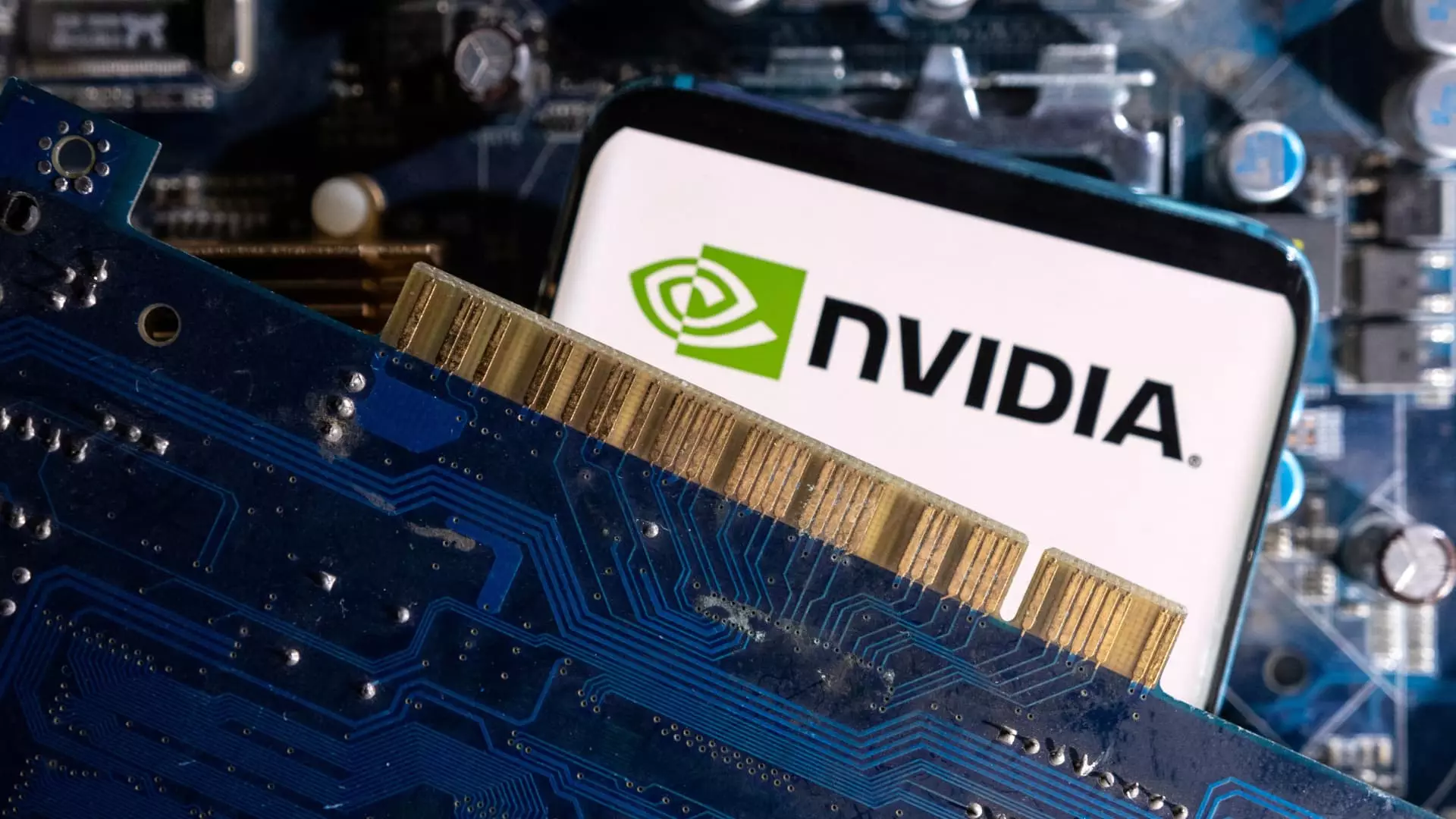The partnership between Qatari telecoms provider Ooredoo and chipmaker Nvidia has been described as compliant with all U.S. regulations. While this may be true, it is essential to question the extent to which these regulations are being adhered to and whether there might be any loopholes that could potentially be exploited. With the geopolitical tensions between the United States and China, it is crucial to ensure that the transfer of advanced technology remains within the confines of regulatory frameworks to prevent any unauthorized use or access.
The introduction of Nvidia’s GPUs in data centers across Qatar and five other countries in the Middle East signifies a significant step towards enhancing AI infrastructure in the region. However, one must consider the implications of such partnerships on the sovereignty and security of these nations. With the increasing focus on AI technology, there is a risk of over-reliance on foreign companies for crucial components, potentially compromising national interests in the long run. It is imperative for these countries to strike a balance between technological advancements and safeguarding their strategic autonomy.
The tug of war between China and the United States over AI technology has broader implications for countries in the Middle East seeking to leverage these advancements for economic growth. The decision of the United Arab Emirates’ AI group G42 to phase out Chinese hardware in favor of partnerships with Western tech companies like Microsoft highlights the intricate geopolitical dynamics at play. As Middle Eastern nations navigate through these complex relationships, it becomes essential to assess the long-term repercussions of aligning with specific technological providers.
The substantial investments made by Gulf states in developing AI technology underscore their ambition to emerge as global leaders in this field. While collaborations with prominent tech companies like Nvidia can facilitate access to cutting-edge solutions, it is crucial for these countries to prioritize local innovation and talent development. Relying solely on imported technology may hinder the growth of indigenous capabilities, posing challenges in sustaining long-term competitiveness in the AI sector.
The cloud partnership between Ooredoo and Nvidia holds the promise of driving innovation, development, and job creation in the region. However, the sustainability of such initiatives hinges on factors beyond technological advancements. It is essential for stakeholders to consider the ethical, social, and economic implications of AI adoption, ensuring that these technologies are deployed responsibly and equitably. As the demand for AI-driven solutions grows, it becomes imperative for organizations like Ooredoo to prioritize transparency, accountability, and ethical practices in their operations.
While the collaboration between Ooredoo and Nvidia presents significant opportunities for technological advancement in the Middle East, it is essential to approach these partnerships with a critical lens. By evaluating the implications of such alliances on national sovereignty, strategic autonomy, and innovation ecosystem, countries in the region can navigate the complexities of the AI landscape more effectively. Balancing the benefits of technological integration with the need to safeguard local interests will be crucial in shaping a sustainable and resilient AI ecosystem in the Middle East.


Leave a Reply